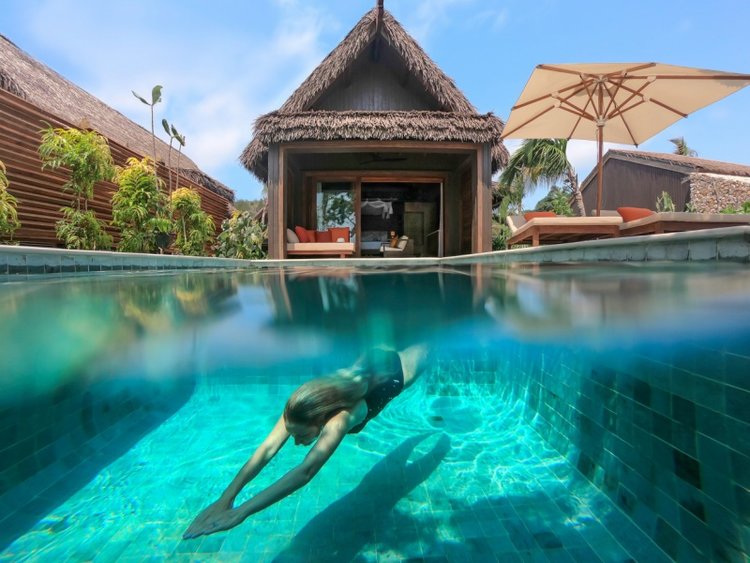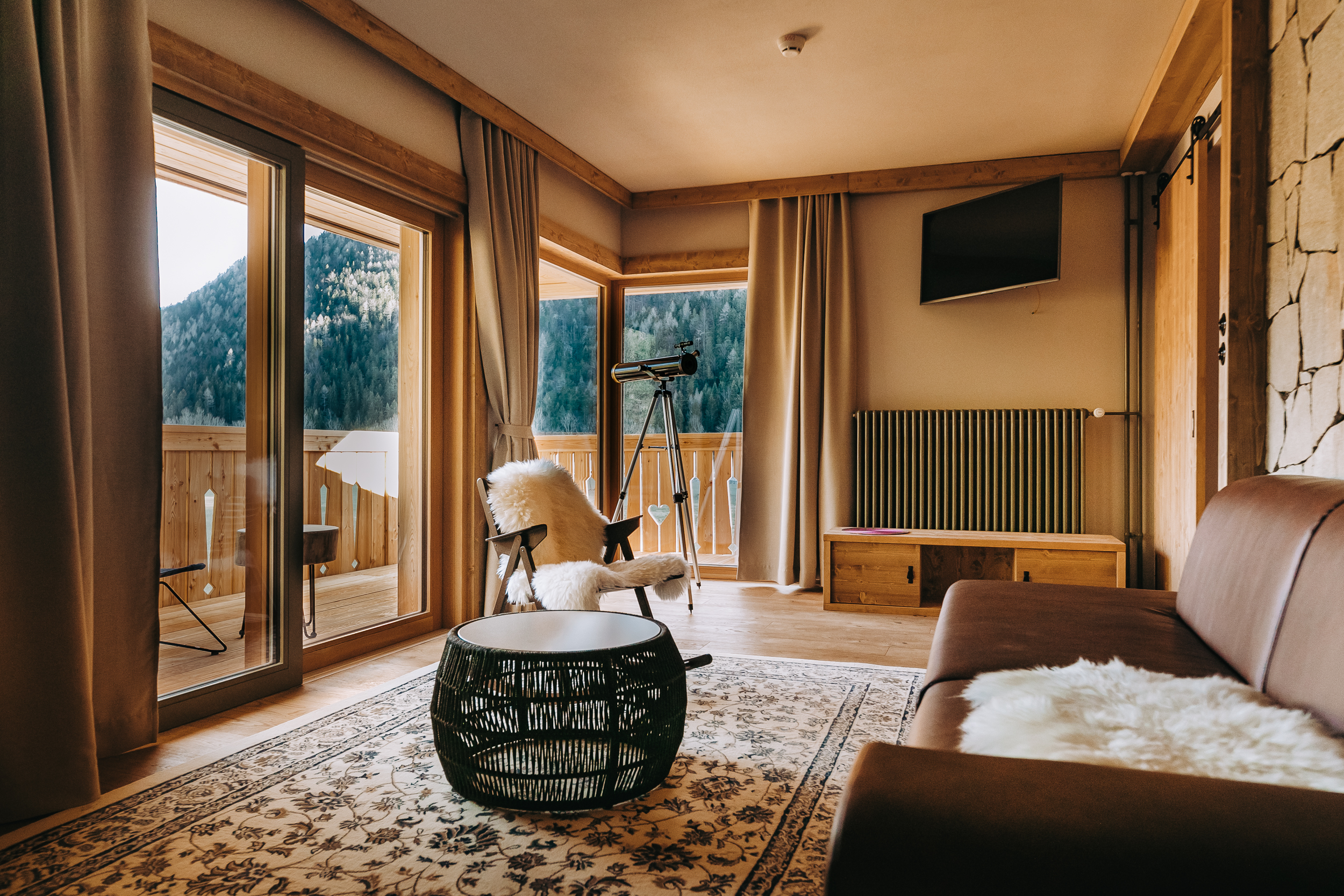The first thing to know about sustainable tourism is that you are not the only one who doesn’t fully understand what it means. Hopefully, that’s why you opened this article…to learn more. Ecotourism, sustainable travel, green travel and responsible travel. Each of these terms conjure images of camping, sleeping in hammocks and volunteering abroad. While those things are great, they have also pigeon-holed the topic into something that is thought to only be for a specific type of traveler.

Sustainable tourism means three simple things: supporting local communities; preserving culture and heritage; and doing it all with a light environmental footprint when you travel. If you want to get practical advice and tips, Travara is a purpose-driven media platform dedicated to all things related to sustainable tourism, making it easy for you to travel well.
Sustainable Tourism Defined
The majority of people in the world travel and that can bring tremendous benefits. It also, however, causes many challenges for our planet. Sustainable tourism is simply the concept of traveling well. There’s no denying the fact that people are going to continue to travel. The concept of sustainable tourism is that they simply travel well. How? By taking those three simple pillars into consideration: footprint, culture and community.
According to the World Travel & Tourism Council, travel and tourism contribute 10.4% to the global GDP. There’s no question that the industry can, and should, be leveraged as a catalyst for social good. But how? Not by having a portion of the travel industry be sustainable, but by having the travel industry become more sustainable as a whole.
As a traveler, there are the three main things you should consider before booking your next trip. Your environmental footprint, cultural immersion and investing in local communities all contribute to sustainable tourism.
Footprint
Tread lightly. Your carbon footprint is greatly expanded when you travel. Be conscious of that and offset accordingly. As much as you can, try to support hotels that are doing their best to preserve the environment. Eliminating straws and mini toiletry bottles are great, but it’s not enough.

Look deeper and see if your hotels have things like solar power, recycling and LEED-certified design. Support hotels that are conserving and protecting the environment where they are located. Being eco-friendly doesn’t necessarily mean hotels have to lack modern amenities and comforts. Vila Planinka in Slovenia is a great example of eco-luxury.
Culture
Destinations like Venice, Iceland and Barcelona have gotten a lot of press for being over visited and we get it-they’re beautiful destinations. But cities can only handle a certain amount of tourism.
Try to spread your travel (and economic benefits) throughout a country and visit the lesser known spots (for example, skip Venice and head to nearby Friuli).
Instagram can be incredibly inspiring when searching for destinations to visit, but try to avoid ‘drive-by’ tourism where you’re just going somewhere to ‘get the shot.’ Go somewhere you’ve never heard of and make your own discoveries.
Immerse yourself in new cultures and try their food, drinks and traditions. Seek out cultural sites and support those with a visit so you’re preserving the heritage of a region.
Community
When you’re traveling, find local guides who can show you the true essence of their city. Eat where the locals do (skip Starbucks and McDonalds) and get a real taste of the culture.

Shop local…it’s increasingly difficult to find souvenirs that aren’t made in China, so take the extra effort to ask if things are made locally and support those artisans.
Stay in hotels that are sourcing products locally and employing locals from the community where they are based. When you eat, sleep, shop and buy local, you’re having a positive economic impact in the community while getting an authentic experience, which means sustainable tourism is a win-win for everyone.

